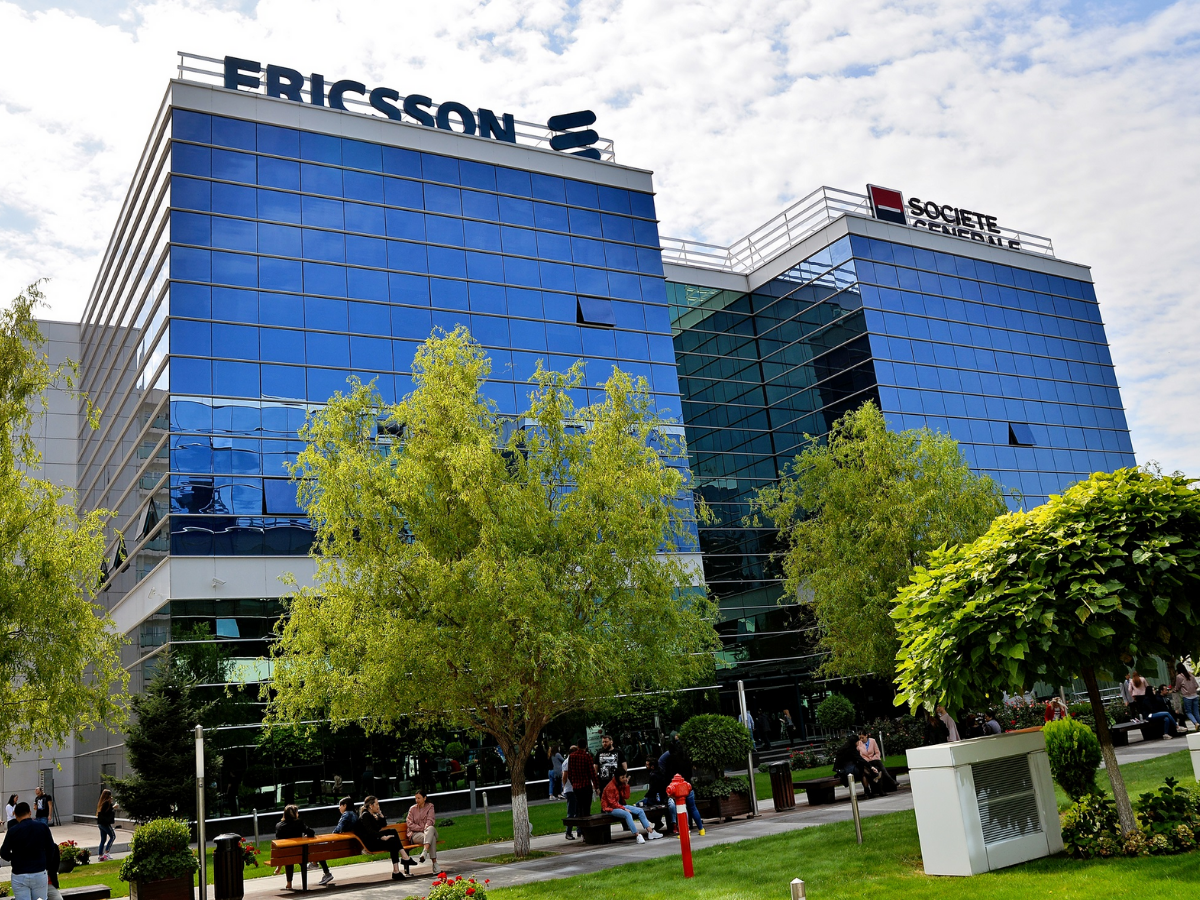Life seems to be returning to normal. Social restrictions are a thing of the past. The guidelines for contact tracing are less severe for people who are double vaccinated.
As part of this process, working in the office is making a comeback. However, for this to happen successfully, protection measures are necessary.
Tech to the rescue
The world increasingly relies on technology. The development and innovation of technology open a world of possibilities. With Covid-19 now transitioning to something that is managed, people are returning to the office. Technology is playing its part in ensuring employee safety.
Writing in the Guardian over the weekend, Kate Connolly described her visit to the H3 building. The office in Bucharest is embracing all the advantages offered by technology. Doors are motion-sensitive, and employees have their temperature taken with a thermal body camera. The technologies include hands-free door handles, self-cleaning surfaces, antimicrobial paint, air-monitoring display tools and UV light disinfection robots.
When it comes to disinfection robots, Advanced Intelligent Systems, a Canadian robotics engineering firm, has developed one such robot named Orion. The product was created with the help of a grant from Next Generation Manufacturing Canada (NGen). The CEO of NGen, Jason Meyers, explained the reasons behind supporting Advanced Intelligent Systems:
‘At the onset of the COVID-19 pandemic, NGen rallied industry leaders from across the country to help build a domestic supply of critical equipment. Support for organizations like AIS enabled the rapid development of viable disinfecting solutions and demonstrates the diverse manufacturing and technology capabilities that exist here in Canada.’
The robot works in healthcare facilities, using its ultraviolet light to destroy both viruses and bacteria. It can also determine points of interest and then disinfects them.
Ventilation also forms part of H3’s approach. Named ‘Viruskiller’, the contraption houses three levels of fan strengths. It removes all pollutants and microbes from the air. The Viruskiller has the added defence of an Ultraviolet light that sanitises the wall.
There is a benefit for creating a workplace that protects against Covid-19. After its €1 million outlay on safety measures, Genesis, the landlord for the H3 building, secured its Immune certification. These certifications identify the buildings that are designated as safe from the transmission of Covid-19.
Healthy by Design Building Institute (HDBI) describes the Immune certification as a means of assessing a building’s ability to combat the likes of Covid-19:
‘The IMMUNE™ certification is based on an Assessment Scoring Index consisting of a set of 135 recommended measures, technical solutions, and facility management practices to certify the level of resilience of a building to present and future health challenges.’
Vaccine mandates
Technology solutions are just one option for keeping offices safe from Covid-19.
Talk of vaccines continues to dominate the Covid news cycle. The results are showing that the vaccines are successfully severing the link between infections and hospitalisations. For this reason, some companies are asking all staff to be vaccinated before they return to the office.
At the beginning of August 2021, Microsoft announced that all of its employees must be vaccinated against Covid-19 to enter offices in the US. The policy will start in September. The decision comes as the Delta variant continues to spread across the US.
Requiring vaccines to enter the office is supported by a slim majority of US workers. CNN reported that 55% of full-time, part-time or are self-employed workers supported vaccine mandates for employees. 44% opposes the requirements. Instead of the expensive measures instituted by H3 in Bucharest, vaccine mandates offer a cost-effective alternative to ensuring employee safety.
Workplace vaccine mandates are not unique to the US. Australian airline Qantas announced on August 18 that all of its employees will need to be vaccinated against Covid-19. Employees have until November 15 to receive their vaccination. Staff with documented medical reasons will be exempt from the policy.
Qantas chief executive, Alan Joyce, confirmed that employees who do not receive the vaccine will see their employment terminated:
‘If other employees decided they’re not taking the jab, then they’re deciding that aviation isn’t the area for them’.
Like the US, Australia is in the grips of a fresh wave of Covid, precipitated by the Delta variant. Only 24% of Australians are fully vaccinated. Lockdowns have been implemented in several states.
Moving forward
The building of H3 is one of the first of its kind. The company has embraced technological solutions to keeping the workplace free from Covid. It does, however, come at a severe cost. For this reason, it is not an option for every company. Vaccine mandates are, therefore, an alternative. Regardless of their decisions, offices must make preparations for when their workers return.
About the Author: James Hingley
James Hingley is a contributing Features Writer with extensive expertise in International Relations, Politics and Culture.
Recommended for you

Antidepressant Prescribing at Six-Year High
More people are taking antidepressants than ever. Is this a dark sign of the times or an indication that mental health stigma is changing?

Can AI be Used to Determine Cancer Recurrence?
When cancer patients go into remission, they often worry about it coming back. AI can now help identify those at risk of cancer recurrence.

Pegasus – Still a Threat to the UK?
The notorious Pegasus spyware has been misused to exploit vulnerabilities in devices, even those kept within the walls of Number 10.
Trending

Drug Decriminalisation: Could the UK Follow Portugal?
Portugal’s drug decriminalisation has reduced drug deaths and made people feel safe seeking support. Would the UK ever follow suit?

Calling All Unvaccinated UK Adults
With Covid cases rising, the NHS is urging the 3 million UK adults who remain unvaccinated to come forward.




